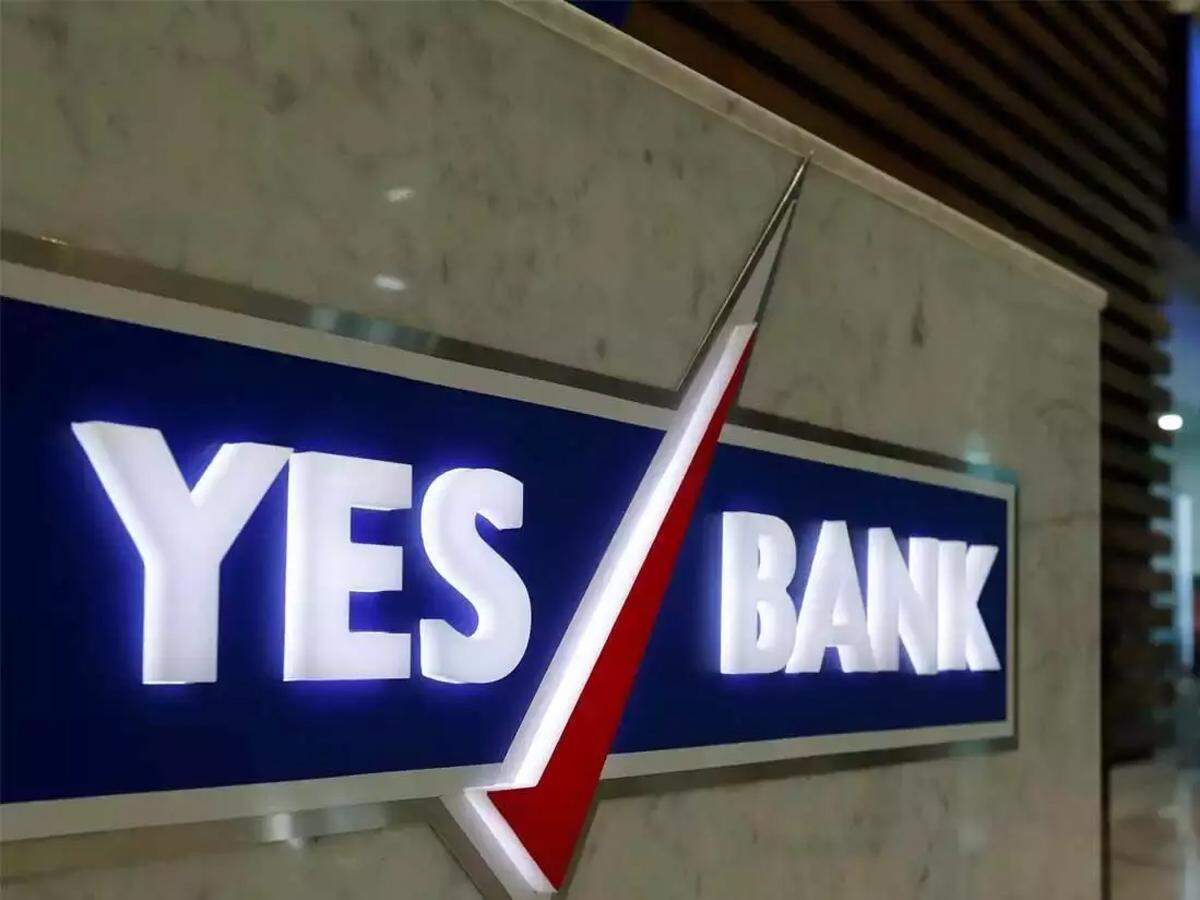A month after predicting a hit to five private sector banks due to the ban on
Mastercard by the Reserve Bank of India, the global brokerage has said that there would be no material impact on the card issuers.
Nomura Global Markets Research says it does not foresee any material impact on card issuers in the near term, especially credit card issuers, but there could be a medium-term impact if this situation persists, according to a report.
What Nomura said
As many as five private sector banks, including Axis Bank, Yes Bank, and IndusInd Bank, are to be impacted by the Reserve Bank of India’s decision to ban Mastercard from issuing new cards for not complying with local data storage guidelines, Nomura had said last month.
HDFC Bank would also have been affected by this decision but the lender is already facing restrictions by the RBI on issuance of new cards (debit, credit or prepaid).
Besides these five banks, Bajaj Finserve and SBI Card may face problems as they were also issuing cards of this payment gateway.
So, in all, as per the report of global brokerage firm Nomura, seven financial institutions would not be able to issue new card as they sourced significant number from Marstercard.
The issuance of new cards through another payment gateway would take 2-3 months because it involves technology integration and other modalities, it had said.
“Among credit card issuers including co-brand partners, RBL Bank, Yes Bank and Bajaj Finserv lending are most impacted, in our view, as their entire card schemes are allied with Mastercard,” the report said.
As per the report, RBL Bank, Yes Bank and Bajaj Finserv were fully dependent on Mastercard for card issuance while dependence of IndusInd Bank, ICICI Bank and Axis Bank varied from 35 per cent to 40 per cent.
Card-issuing arm of State Bank of India, SBI Card, has only 10 per cent of their card tied up to the banned Mastercard. On the other hand, Kotak Mahindra Bank”s card portfolio is entirely allied to Visa and hence won”t face any issues.
After the development, RBL Bank had entered into an agreement with Visa Worldwide to start issuance of credit cards on the Visa platform. The bank will be able to issue the new cards after technology integration which is expected to take 8-10 weeks.
The RBI action
The RBI barred Mastercard Asia/Pacific Pte Ltd from on-boarding new customers across all its card products (debit, credit and prepaid) from July 22, 2021, as it failed to comply with data storage norms.
Taking action against Mastercard, the RBI said, “Notwithstanding lapse of considerable time and adequate opportunities being given, the entity has been found to be non-compliant with the directions on Storage of Payment System Data.”
However, the RBI’s directions will not impact existing customers of Mastercard.
Mastercard became the third major Payment System Operator on which restrictions have been imposed for non-compliance with RBI”s direction on Storage of Payment System Data.
Earlier, the RBI had restricted American Express Banking Corp and Diners Club International Ltd from onboarding new domestic customers on to their card networks from May 1 for violating data storage norms.
Mastercard is a payment system operator authorised to operate a card network in the country under the Payment and Settlement Systems Act, 2007 (PSS Act).
In terms of the RBI’s circular on Storage of Payment System Data on April 6, 2018, all system providers were directed to ensure that within a period of six months the entire data relating to payment systems is stored only in India.
They were also required to report compliance to the RBI and submit a board-approved system audit report conducted by a CERT-In-empanelled auditor within specified timelines.


